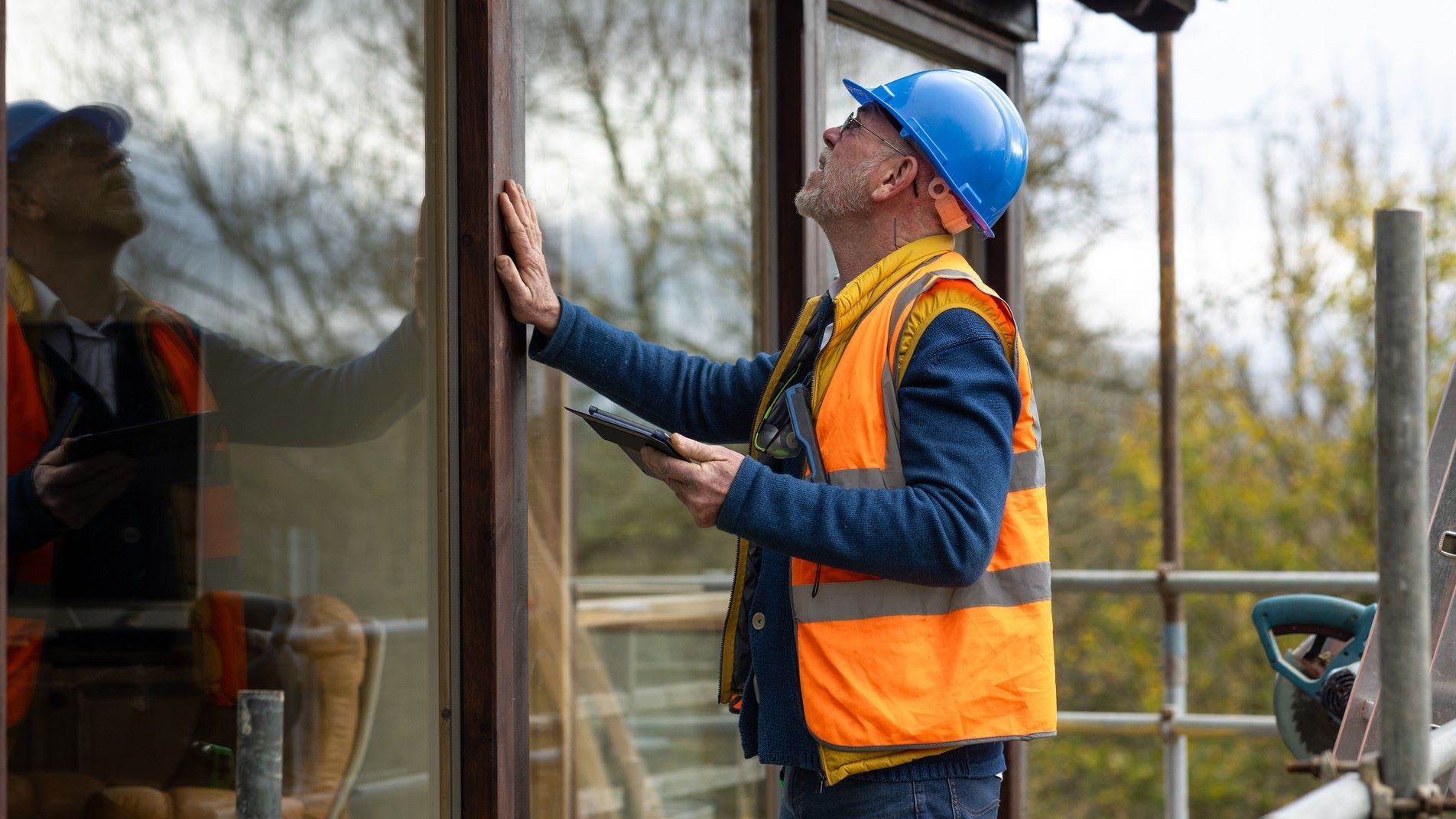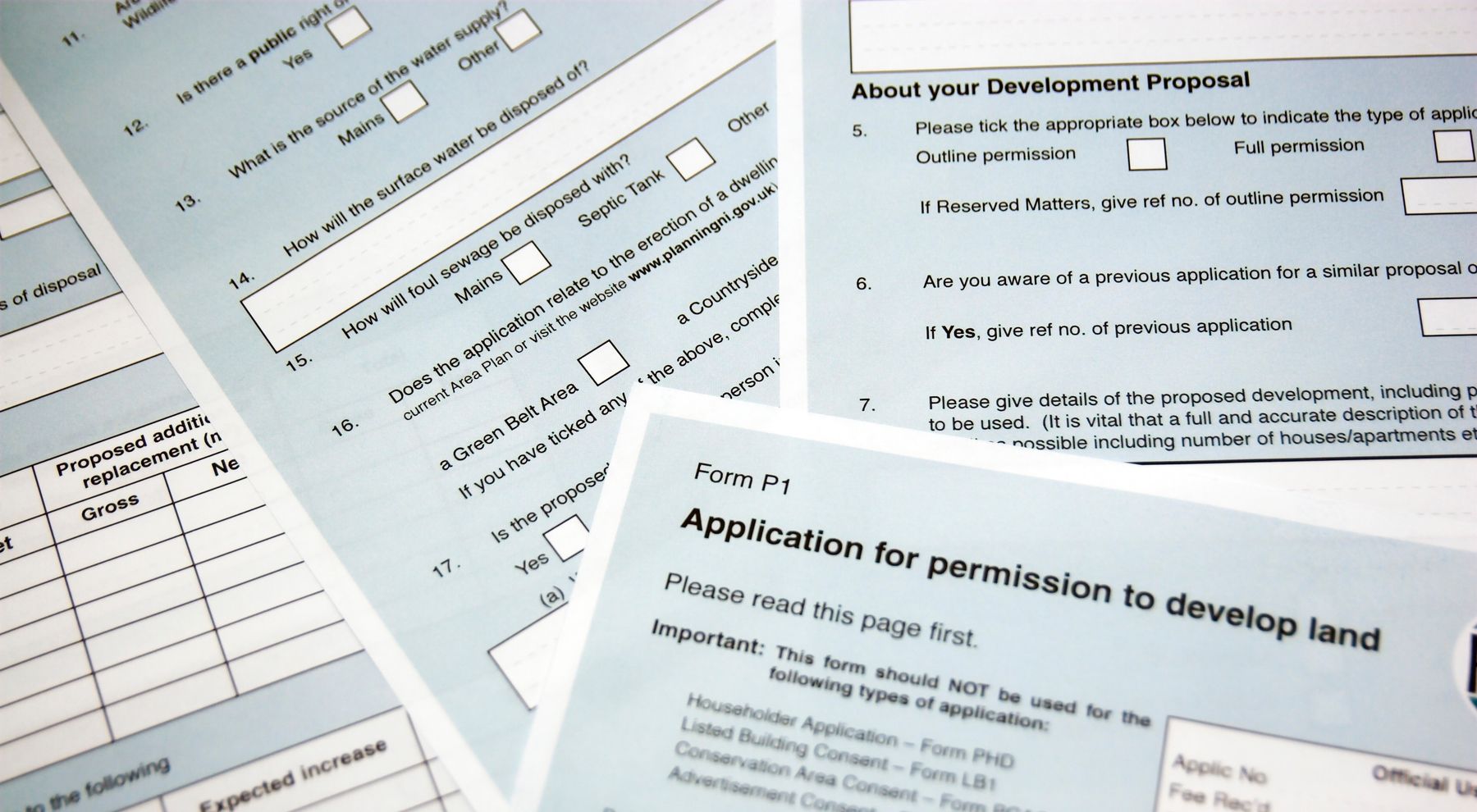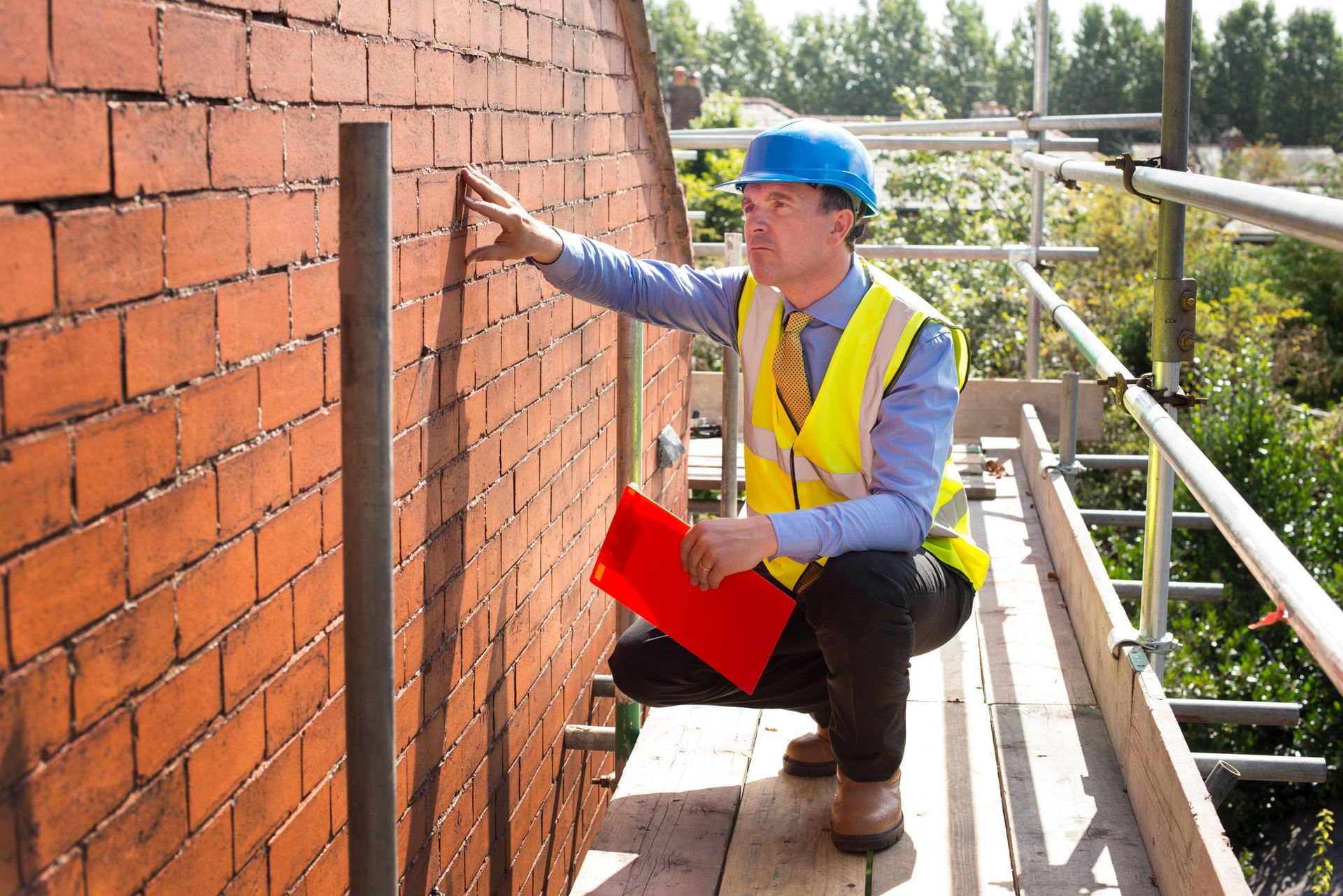Planning Permission Appeals: A Complete Guide

Building your own home is, unquestionably, one of the most rewarding things you can do in life. After all, for the first time, you will have complete creative control over the look and design of your home. Whether you’re starting a new family or creating a new home for yourself and your partner, building a home from the ground up is a brilliant experience. There’s no question that sitting down with your team of architects and drawing out the first sketches of your ideal home is a thrilling experience but there are a few more steps down the line before you can make this dream a reality.
Planning is one of the most important stages when it comes to building your new home as this will decide how you can go about constructing the building. We understand that when it comes to creating your dream home planning permission can feel more like an obstacle than an opportunity but there are some genuine reasons for this system in the UK. Planning authorities oversee construction in our country to ensure that buildings are safe and in keeping with the local area. So, there is a genuine reason for this system no matter how frustrating it can feel at times.
Innovation Vs protection
Design, for thousands of years, has battled itself. There will always be those to stand for the protection of history and our traditional methods and those who strive for modern perspectives and new ideas. The challenge with architecture in the modern era is to balance these two ideals to create homes that both push the boundaries and safeguard our local environments. In a nutshell, this is what the planning committees are here to do. Naturally, much like any system that relies on human cooperation, they don’t always succeed in this but they certainly endeavour to.
It must be said that despite their expertise and knowledge of the sector planning committees don’t always get things right. In fact, many modern architects would argue that they have a reputation for getting it very wrong. Though this may be a slightly biassed opinion it is important to note that human era is always possible and you have a right to challenge decisions that are made. This is what planning permission appeals are all about and you should be aware that they are more than common so don’t hesitate about taking this step if you and your team think it is necessary.
When should you appeal?
Much like any form of government in the UK and most countries for that matter there are a few deciding circumstances which will determine whether or not you can appeal to the planning committee. Don’t worry though, this usually follows a fairly strict set of rules. The first reason that many self-builders or architects cite as an appealable situation is if your planning application is not decided within a particular time period. Naturally, this will have many genuine consequences for your project which all have financial implications so you are perfectly within your right to appeal.
There is one other common circumstance which leads to appeals to the committee. As you might expect this refers to when a planning authority rejects your application for some reason. You and your team should read through the committee's decision and plan your appeal accordingly to ensure that you receive the right result next time around. The fact is that appeals are more than common in the planning process and you should be prepared for some form of retaliation. So, the best thing that you can do is understand the appeal process to the best of your ability so you are ready for such circumstances.
The appeal process
As you might expect the actual appeal process in the UK is a rather complex and sometimes confusing ordeal. Like many other local bodies, planning committees are famous for their long meetings and prolonged debates. While this is naturally a touch frustrating at times there are a series of things which you can do to avoid such instances and ensure that your appeal is read and approved as soon as possible. Of course, one of the main tricks is to try and keep the committee on your side and informed of any decisions you are making. So, what does this appeal process look like and how can you go about starting it?
There are a few strict rules when it comes to appealing which you will need to adhere to otherwise your application will not be considered and you will have to settle for the previous decision. First of all, only the applicant for consent or the person on the enforcement notice is legally allowed to make an official appeal. This is extremely important and you will certainly not have your appeal considered if you deviate from this rule. You must be aware that there is no right to appeal for interested people or parties in the UK. One final point is while you can submit an appeal in writing committees usually prefer them online.
When should you submit an appeal?
This is one of the most significant questions in this blog and a point that you should pay
particular attention to if you suspect your application to fail the first stage. Don’t worry though, this does not mean that you have to give up on your dream. All you have to do is plan your appeal correctly and submit it in all of the right forms. So, when should you submit your appeal and why is the timing of this so important? Essentially there are some strict time constraints that you should ensure you meet otherwise the planning authority will not accept your appeal.
Most of the time you will have six months from when the local planning authority rejected your plans to submit an appeal. During this time you should consult a series of professionals on the matter so that you can write a well-considered document with evidence to prove that the grounds for rejection were unfounded. You could also submit some edits to your design in an attempt to meet some sort of compromise with the committee. You should usually also provide a minimum of 28 days from the enforcement notice before you take any kind of action. As long as you stay within these time parameters you should be able to submit an appeal fairly easily.
Forms of appeals
As you might expect there are many different forms of planning appeals that you should certainly be aware of if you are planning a new building project. Some of these will probably not relate to your project but it would still be useful to see what the planning committee covers. The first is, of course, the planning appeal. Now, as the name suggests, this appeal refers only to the appeal of a decision made by the committee against your application for planning permission. This could refer to a total rejection of your plans or perhaps an amendment which the committee has suggested.
Enforcement appeals happen when you have started building work before you have been granted planning permission or perhaps even before you applied. Sometimes the planning committee may issue an enforcement order either directing you to stop work until you have submitted a retrospective planning application or asking you to completely demolish the structure. Of course, just like the standard planning appeal, you can challenge this. The last most common form of appeal revolves around the Lawful Development certificate which you can apply for. If this application is refused you have 8 weeks to appeal this decision. So, what else should you know about the planning permission process?
How local government works
To get a true understanding of the planning process you should also research the nuances of local government. Of course, like most bureaucratic organisations local democracy and government can often feel like a maze of legislation and committees with meetings left right and centre about how small issues should be addressed. Though, when you remove the facade of political jargon the world of local government is fairly easy to grapple with. The trick is to know who is who and what they do in the system. This way you are always going to the right people and not wasting time.
If you would like any more information or advice about planning permission appeals then make sure you
contact us today. We have many years of experience in the industry and would love to talk you through the process.











